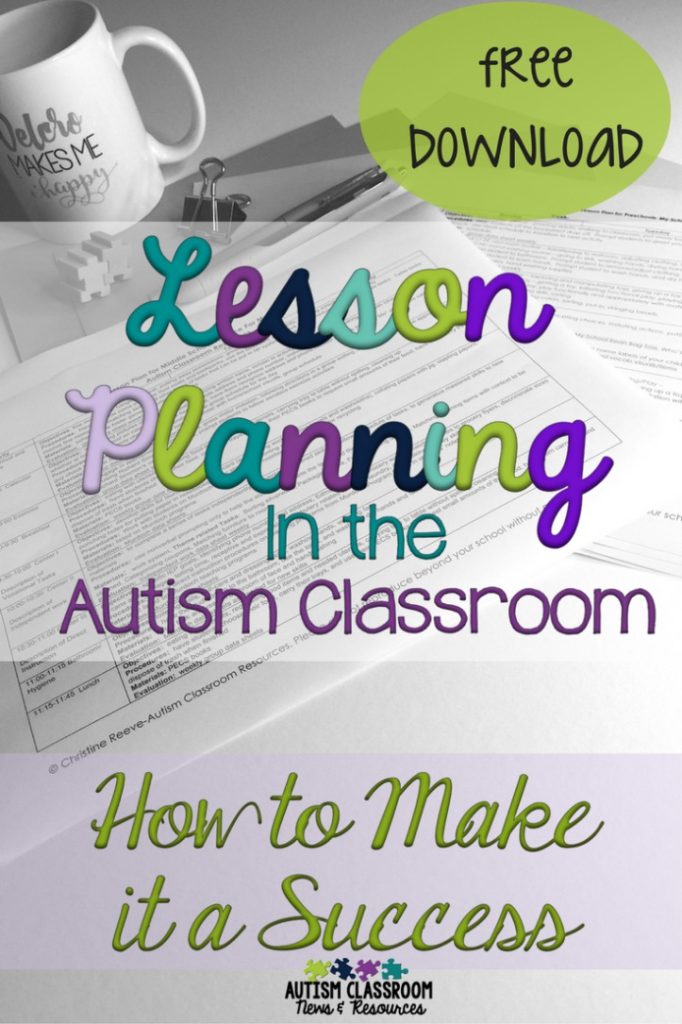The transformative power of music is well-documented. When this power is harnessed through structured piano lessons for Autism, it can open new worlds for individuals on the spectrum. The blend of rhythm, melody, and structure found in piano lessons provides an effective avenue for therapeutic engagement and personal growth.
Benefits of Piano Lessons for Individuals with Autism
People with Autism often experience the world differently. Piano lessons for Autism offer numerous benefits, such as improved social skills, enhanced cognitive development, and increased emotional expression.
Improvement in Social Interaction
Engaging in piano lessons for Autism provides a structured environment where individuals can improve their social interactions. Through regular contact with instructors and possibly peers, students can practice communication skills and foster meaningful relationships.
Cognitive Development and Fine Motor Skills
Learning the piano demands the coordination of multiple skills – reading music, maintaining rhythm, and precise finger movements. These demands can aid in the development of fine motor skills and cognitive abilities, areas often challenging for those with Autism. Specifically tailored piano lessons for Autism can address these unique needs through a personalized, step-by-step approach.
Emotional Expression and Sensory Integration
Music serves as a universal language of emotion. Playing the piano allows individuals on the spectrum to express feelings in a non-verbal manner, facilitating emotional release and healing. Furthermore, the sensory experience of touching the keys and hearing the music can aid in sensory integration, an area where many with Autism face challenges.
Tailoring Piano Lessons for Autism
Effective piano lessons for Autism require a personalized approach. Instructors trained in both music and Autism are essential. These professionals can create a conducive learning environment, ultimately making the experience enjoyable and rewarding for the student.
Creating a Safe and Predictable Environment
Establishing a safe, predictable teaching space is crucial. Consistent routines and clear expectations help minimize anxiety and over-stimulation. Personalized lesson plans can cater to the student’s pace and adapt to their specific needs and preferences.
Using Visual and Sensory Tools
Read more about Piano lessons for Special Needs here.
Visual aids and sensory tools play a significant role in enhancing learning. Colored stickers on keys, visual schedules, and tactile aids can assist in making lessons more engaging and comprehensible. These tools are particularly beneficial in helping individuals with Autism understand complex concepts.
Success Stories and Community Impact
The impact of tailored piano lessons for Autism goes beyond individual growth; it strengthens communities by fostering inclusivity and awareness. Success stories abound, with many students showcasing not only improved musical skills but also better social interactions and enhanced self-esteem.
In conclusion, piano lessons for Autism represent a harmonious blend of therapy and education. The structured nature of these lessons, coupled with the intrinsic rewards of making music, offers a unique pathway to growth for individuals on the Autism spectrum, proving that where words fail, music truly speaks.





